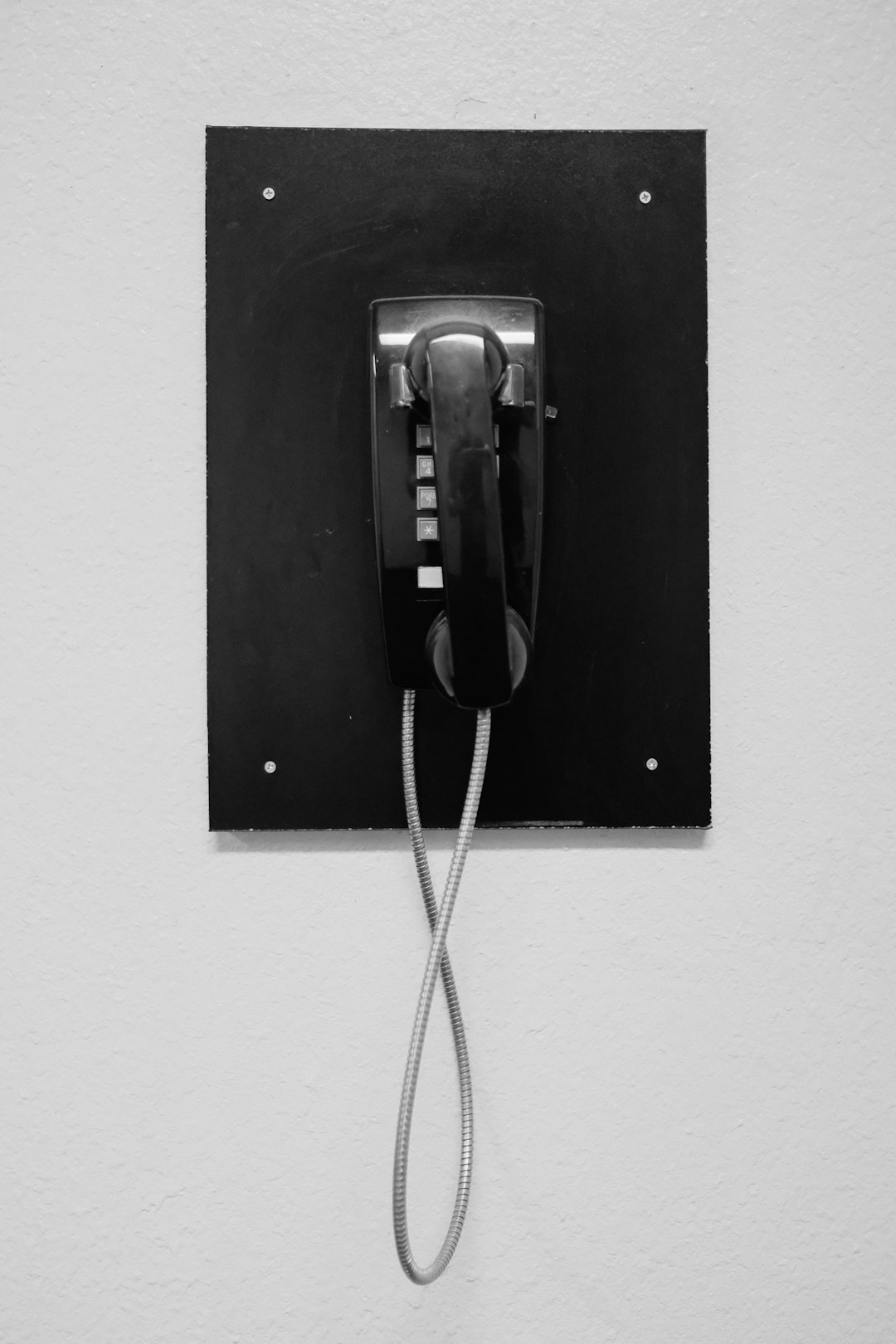Spam calls are a significant issue in Minnesota, affecting especially seniors with distress, anxiety, and financial losses. Strict privacy laws offer protections, and specialized lawyers guide seniors on legal options like blocking apps and registering with the National Do Not Call Registry. These experts help navigate telecom regulations to stop spam, file complaints, and seek damages for emotional distress. Multi-Layer Phone Security, combining strong passwords, updates, antivirus software, and user education, is crucial for protecting against identity theft and fraud. Workshops in St. Cloud offer practical digital security knowledge, emphasizing backup solutions and educating seniors about phishing scams. Proactive measures like blocking unknown numbers and consulting a lawyer for spam call Minnesota enhance safety and peace of mind in the digital era.
“In an era where technology connects us, seniors in Minnesota often face a persistent threat: spam calls. These unwanted intrusions not only disrupt daily life but can also exploit vulnerabilities, especially among our aging population. The St. Cloud Workshop delves into this pressing issue, offering a comprehensive guide to ‘Multi-Layer Phone Security for Seniors’. Through expert insights from lawyers specializing in spam call mitigation and practical strategies shared at the event, participants gain actionable tools to protect their loved ones’ phone lines.”
Understanding Spam Calls and Their Impact on Seniors in Minnesota

Spam calls are a prevalent and frustrating issue, especially for seniors in Minnesota. With the increasing number of telemarketing and fraudulent calls targeting older adults, it’s essential to understand the impact and take proactive measures. These unwanted calls can be distressing, leading to anxiety and even financial loss if seniors fall victim to scams. Many elderly individuals, due to their trust in the phone as a primary communication tool, may inadvertently provide personal information to unfamiliar numbers, making them susceptible to identity theft and financial fraud.
In Minnesota, where privacy laws are stringent, residents, especially seniors, have certain rights when it comes to blocking and managing spam calls. A lawyer for spam call Minnesota can offer guidance on legal options available to protect against such intrusions. By educating themselves about their rights and utilizing tools like call blocking apps or specialized services, seniors can regain control over their phone lines and ensure a safer digital environment.
The Role of a Lawyer in Dealing with Spam Calls

In the face of persistent and often harassing spam calls, many seniors in St. Cloud, Minnesota, turn to legal expertise for recourse. A lawyer specializing in telecom regulations can play a pivotal role in dealing with these unwanted phone intrusions. They offer guidance on rights and options, such as registering on the National Do Not Call Registry or pursuing legal action against persistent spammers.
Minnesota laws protect consumers from certain types of telemarketing practices, and a lawyer can help navigate these rules to stop spam calls. Their expertise enables seniors to understand their legal standing, file complaints, or even seek damages for emotional distress caused by repeated spam calls. With the right legal representation, seniors can reclaim their phone lines and find solace from the nuisance of spam callers.
Multi-Layer Phone Security: A Comprehensive Approach

In today’s digital age, where communication primarily happens through smartphones, securing these devices is paramount, especially for seniors who may be more vulnerable to cyber threats and unwanted calls. Multi-Layer Phone Security involves implementing several protective measures to safeguard personal information and minimize risks from spam calls or malicious software. A lawyer for spam call Minnesota can offer insights into the legal protections available, but here, we focus on practical strategies.
This comprehensive approach includes using strong, unique passwords for each account; enabling two-factor authentication where possible; regularly updating software and apps to patch security vulnerabilities; and installing reputable antivirus or anti-malware programs. Additionally, educating users about recognizing and avoiding phishing attempts and spam calls is crucial. By layering these defenses, individuals can create a robust security system that significantly reduces the risk of identity theft, financial loss, or privacy breaches associated with smartphone usage.
Workshop Highlights: Key Strategies for Protecting Senior's Phones

The St. Cloud Workshop, dedicated to empowering seniors with digital security knowledge, offered a comprehensive guide to protecting their phone data. Key strategies highlighted included implementing multi-layer security measures like strong passcodes, two-factor authentication, and regularly updating software. Seniors were also educated on identifying and avoiding phishing scams and spam calls, a concern often addressed by a lawyer for spam call Minnesota.
Workshop facilitators emphasized the importance of backup solutions, encouraging attendees to use cloud storage or physical SIM backups to safeguard their contacts and photos. By combining these practical techniques, seniors can significantly enhance their phone security and maintain peace of mind while navigating the digital world, free from common threats like spam calls.
Taking Action: Implementing Security Measures After the St. Cloud Workshop

After participating in the St. Cloud Workshop, it’s time to take action and implement multi-layer phone security measures. The insights gained from the workshop should prompt seniors and their families to be proactive about protecting against spam calls Minnesota, identity theft, and other digital threats. A lawyer for spam call Minnesota can provide valuable guidance on navigating legal protections available to combat unwanted calls.
To enhance security, consider a multi-pronged approach. This includes updating phone settings to block unknown numbers, installing reputable anti-spam apps, and educating oneself about current scams. Regularly reviewing privacy policies of applications used is also crucial. Proactive steps ensure seniors remain safe in the digital landscape, fostering peace of mind for both them and their loved ones.






